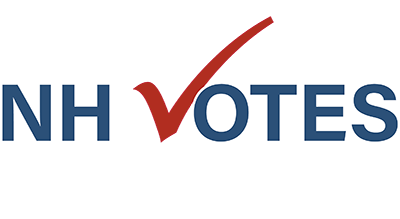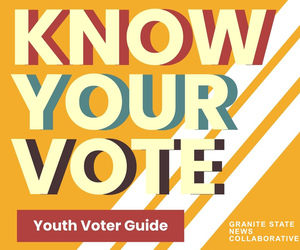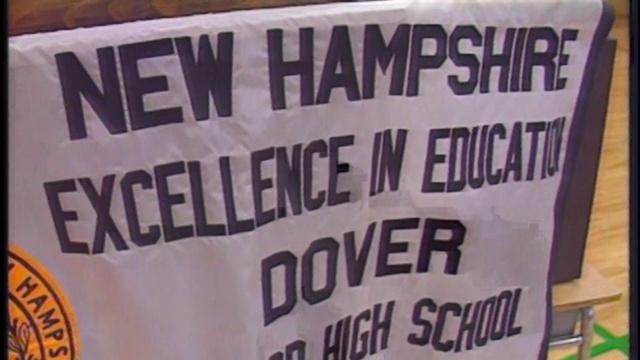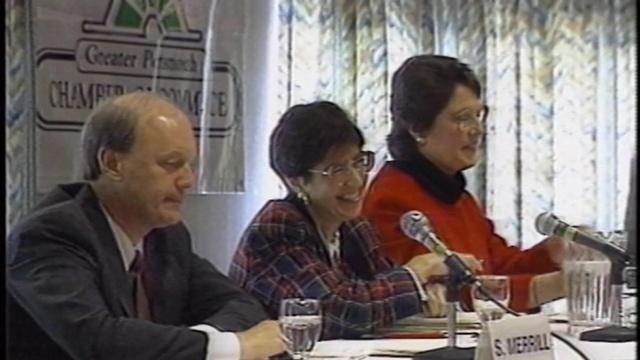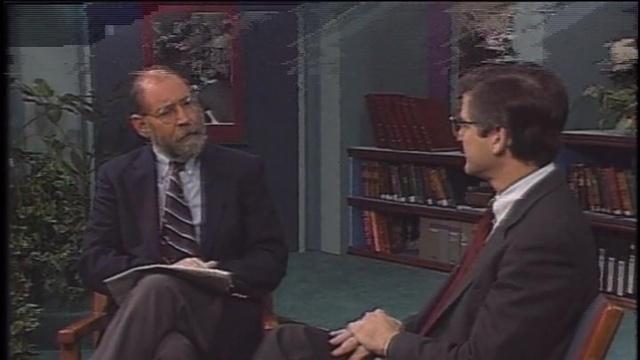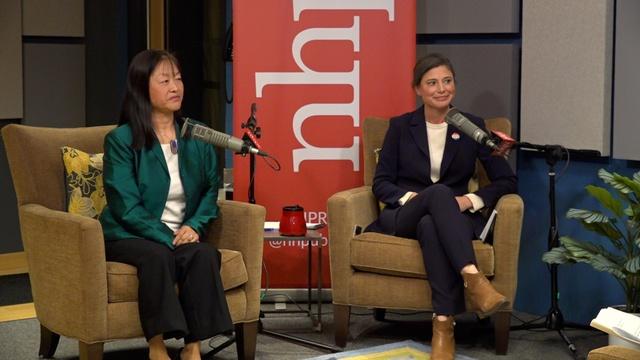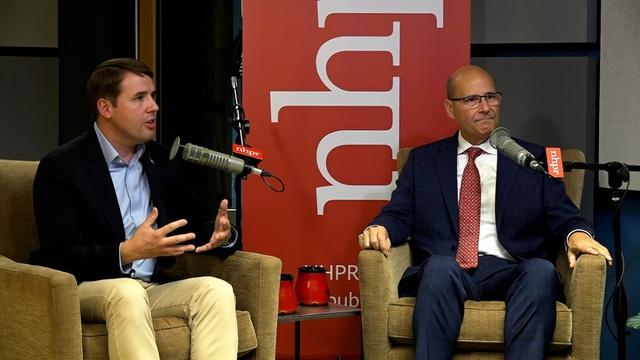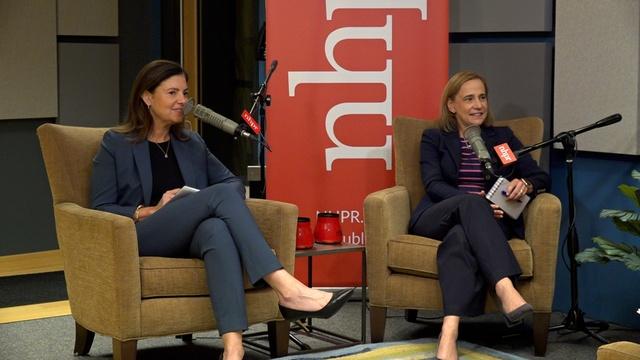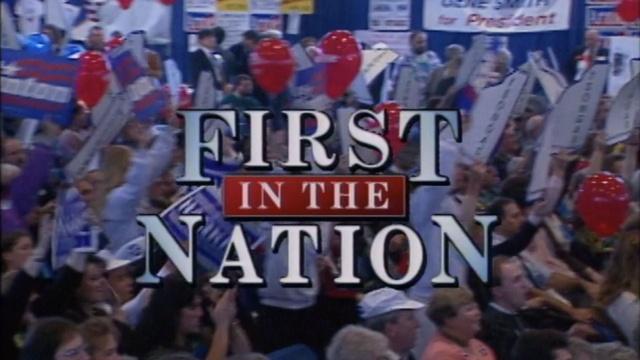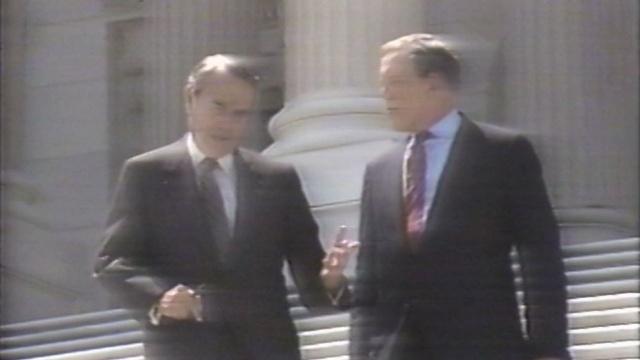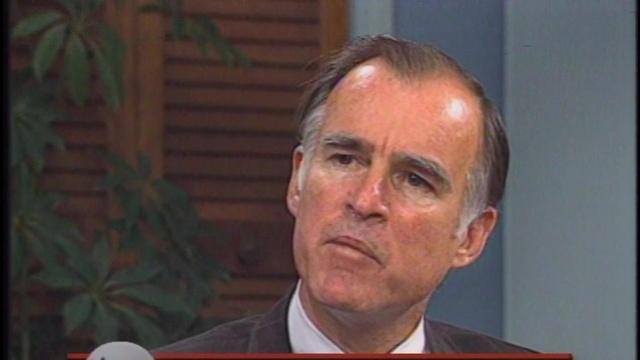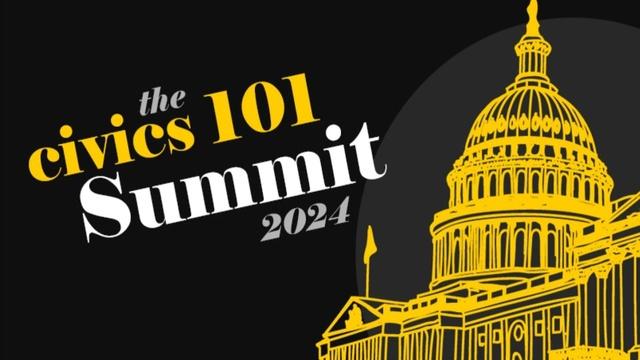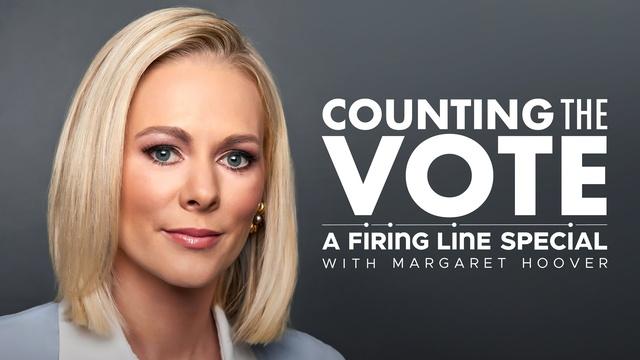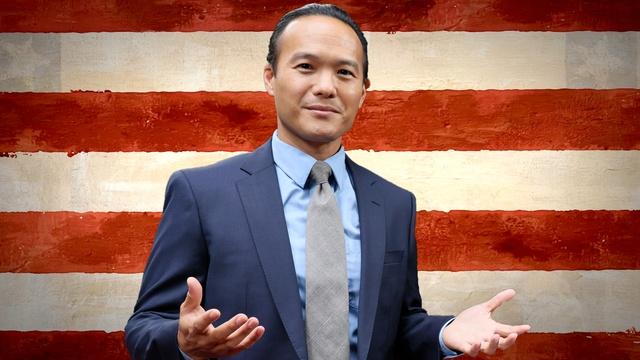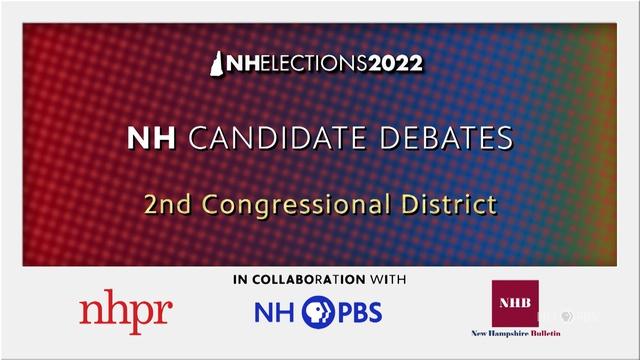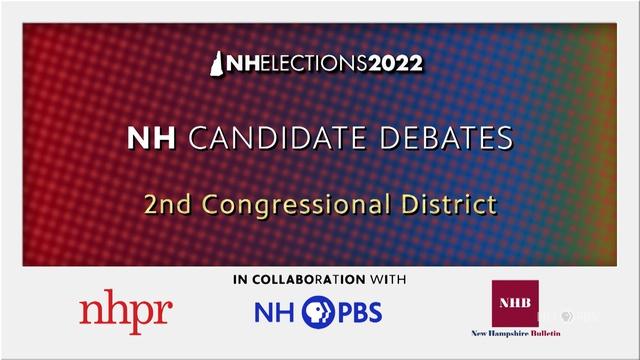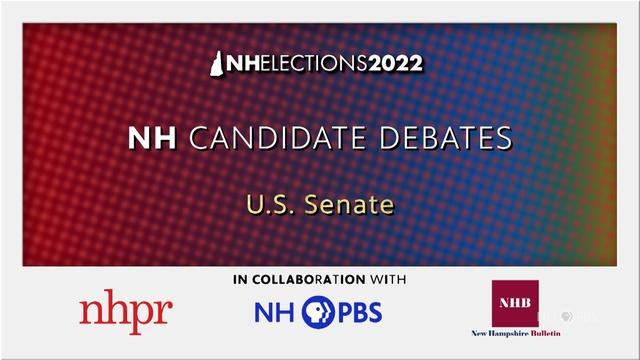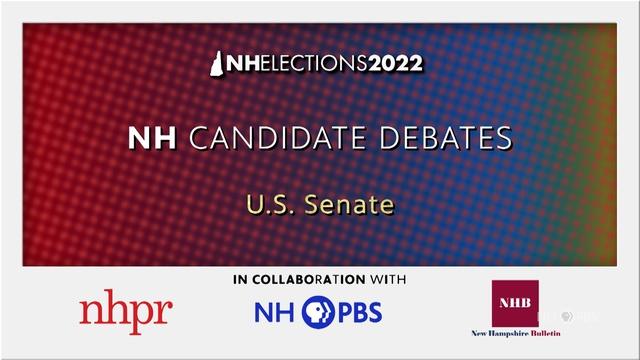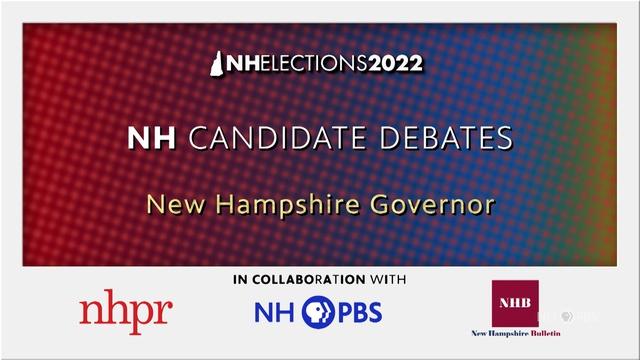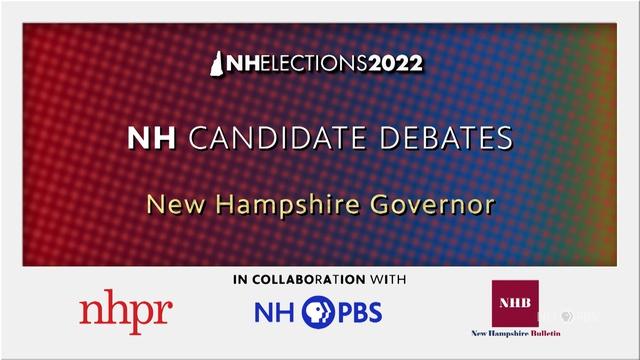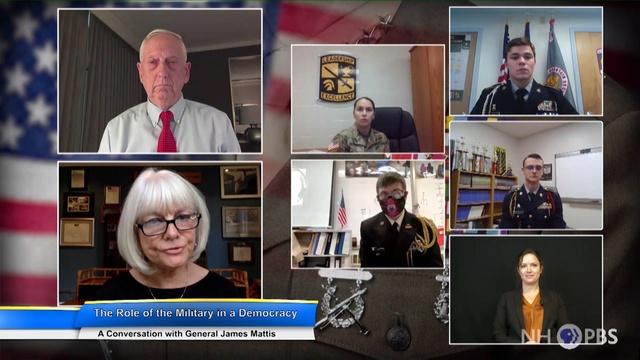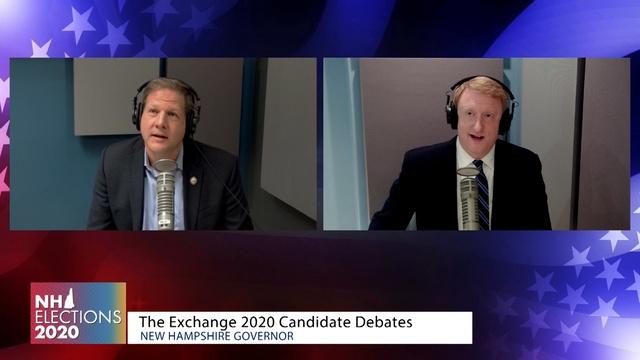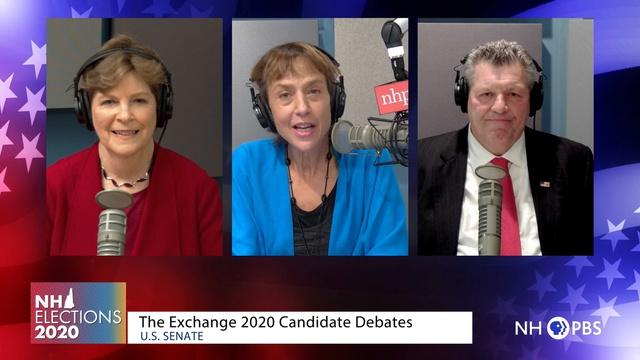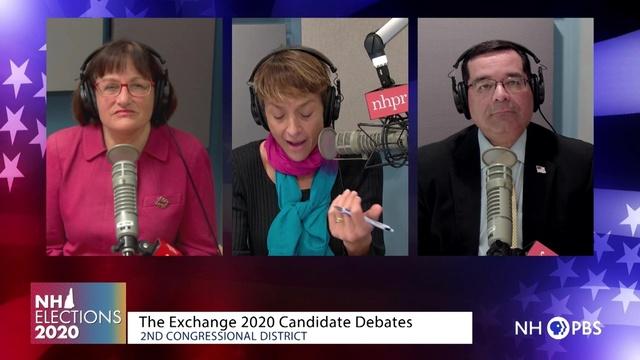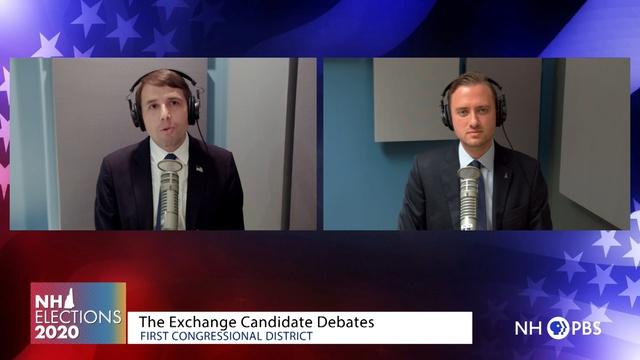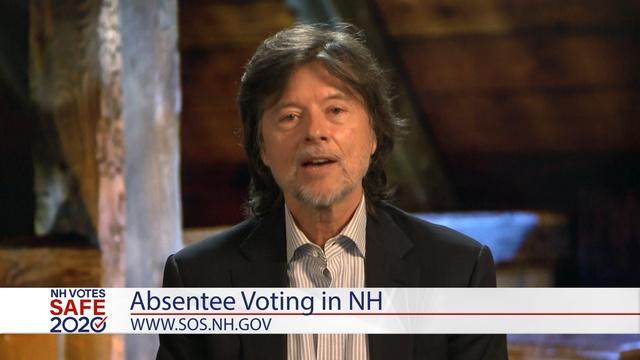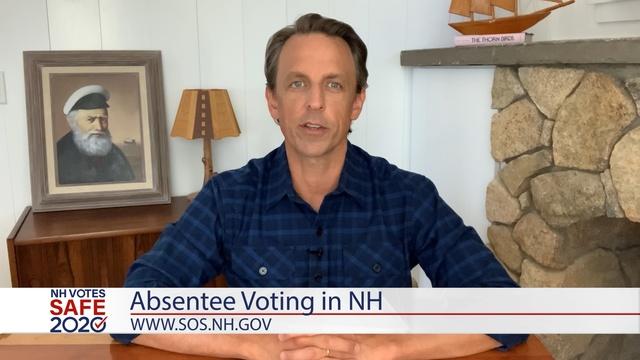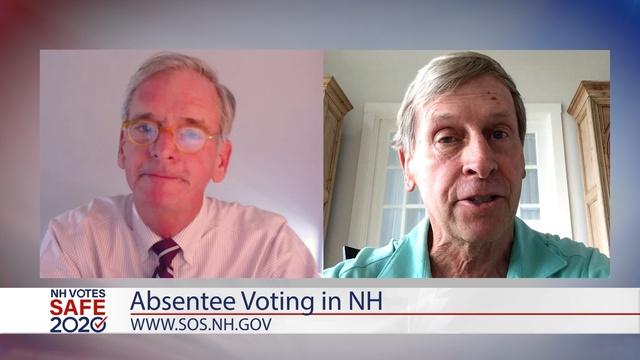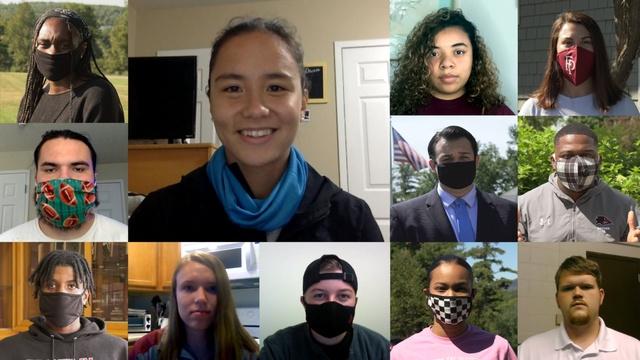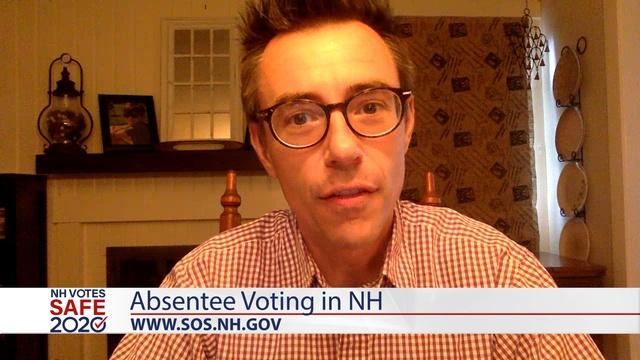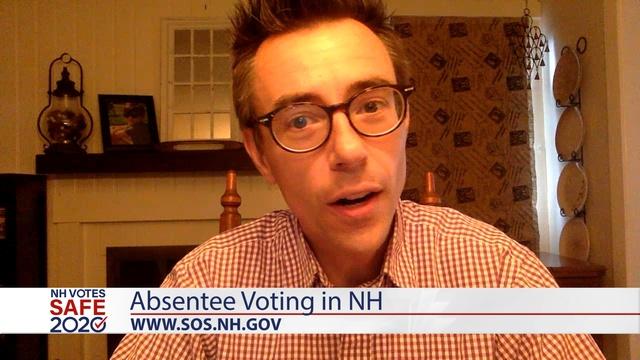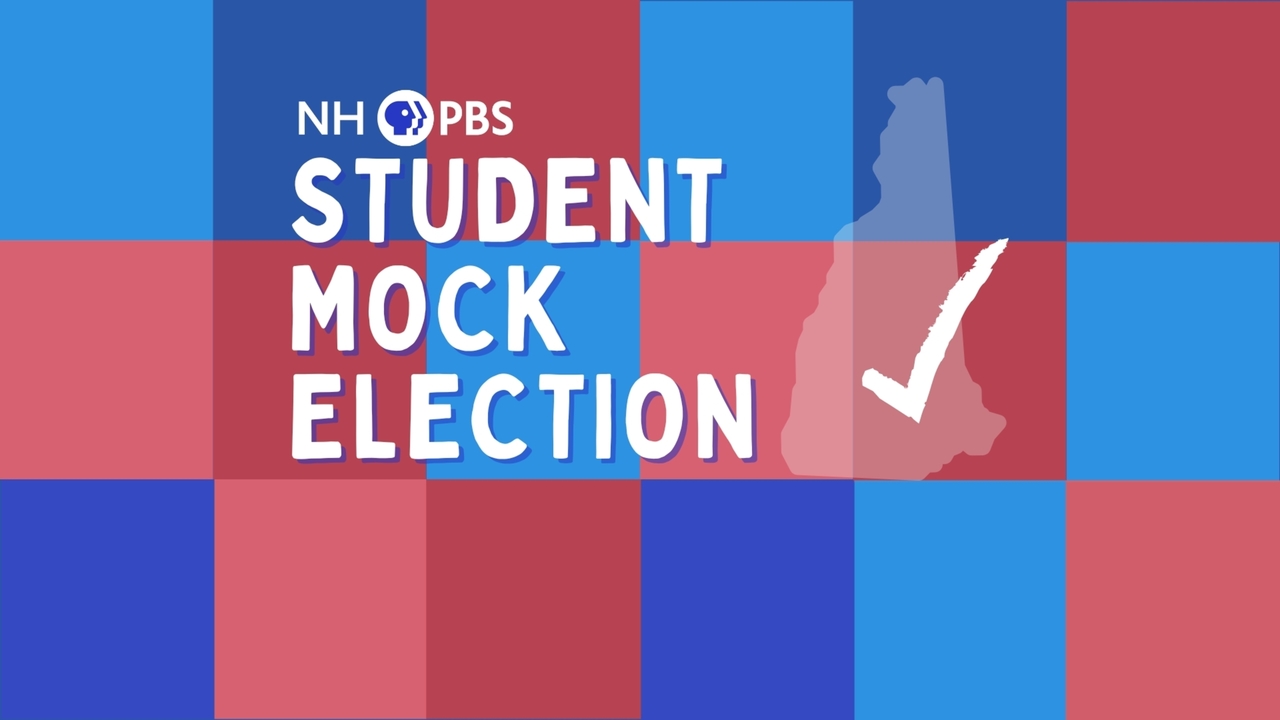What is a voting district and how do I know which one I’m in?
By Kylie Valluzzi-Granite State News Collaborative
As New Hampshire gears up for the 2024 state primary election, it's important for voters to understand what voting districts are, how they work, why they matter and which one they live in.
What are voting districts?
Voting districts are geographical areas that divide the state into segments for the purpose of elections. They are designed to ensure that every citizen has equal representation in government. Each district elects representatives to various offices, from local government positions to federal roles, based on the population in that district.
“The basic idea is that the citizens of a particular geographic area, called a district, elect someone to represent their area,” said Dante Scala, a professor of political science at the University of New Hampshire and an expert in New Hampshire politics.
In New Hampshire, the major voting districts include:
- Congressional Districts: Two districts for electing members to the U.S. House of Representatives.
- State Senate Districts: 24 districts for electing state senators to the New Hampshire State Senate.
- State House Districts: 400 districts for electing state representatives to the New Hampshire House of Representatives.
- Executive Council Districts: Five districts for electing members to the New Hampshire Executive Council, a body that helps oversee the executive branch of the state government.
- County Districts: Various districts for electing county officials like sheriffs, attorneys and commissioners.
Why do districts matter?
Voting districts play a crucial role in determining who represents individuals in government. The candidates available for voting depend on the district in which a person resides. A resident of Portsmouth, for example, may find different candidates on their ballot compared to someone living in Nashua. This system ensures that every area of the state is represented in government by officials who can understand and address the specific needs of their communities.
How are they drawn?
In New Hampshire, the legislature draws the district lines which then have to be approved by the governor.
When legislative or political bodies are responsible for drawing voting district lines, they often do so in a way that benefits the majority party at the time, said Scala. This process typically occurs after the national census, which happens every 10 years.
“We do a census, we get a sense of the population, and then the districts are supposed to be divided roughly equally in terms of population,” Scala said. “But then how those lines are drawn is often up to the majority party in the legislature, which allows the majority party to draw the lines in a way that might give them an advantage.”
Offices on the ballot in 2024
In the 2024 state primary election, New Hampshire voters will be casting ballots for several key offices, including:
- Governor: The state's top executive position.
- U.S. House of Representatives: Representatives from New Hampshire's two congressional districts.
- State Senate: All 24 Senate seats.
- State House of Representatives: All 400 House seats.
- Executive Council: All five Executive Council seats.
- County Offices: Various county-level positions, such as county commissioner, county attorney and sheriff.
How voting districts impact the election
The voting district in which a person resides determines which candidates appear on their ballot. Here's how the major districts break down:
- The 1st Congressional District Includes parts of Rockingham, Hillsborough and Belknap counties, with major cities like Manchester, Portsmouth and Dover. The 2nd Congressional District: Covers Cheshire, Sullivan, Grafton and parts of Hillsborough, Merrimack and Belknap counties, including cities like Nashua, Concord and Keene. To find out which Congressional District you live in, click here.
- State Senate and House Districts: These districts cover specific parts of the state, determining which state lawmakers represent residents. For example, District 4 covers parts of Strafford County, including Dover, while District 23 covers parts of Rockingham County, including Exeter and Hampton. To find out which Senate district you’re in click here. To find out which House district you live in, click here.
- Executive Council Districts: These districts determine who serves on the Executive Council, a body that approves state contracts and appointments. For instance, District 1 covers the northernmost part of the state, including Coos County and parts of Grafton County. To find out which Executive Council district you live in, click here.
- County Districts: A resident’s county district affects who they can vote for in county-level positions like Sheriff and County Commissioner. These officials are responsible for local governance and law enforcement. To find out which county voting district you live in, click here.
Why does this matter for the upcoming election?
Understanding voting districts is essential for participating effectively in the 2024 election. Each district has its unique political landscape, and the outcomes in these districts can significantly impact both state and federal policies. By knowing their district, voters can ensure that their vote contributes to electing representatives who reflect their views and priorities.
New Hampshire voters can visit the Secretary of State’s website and fill out a sample ballot. Based on the resident’s political party affiliation and town or city of residence, the candidates will be different.
“On the sample ballot, you can see who's going to be on the ballot and what your choices are. The legislative body might decide what the district looks like, but state governments run elections, and oftentimes there's someone known as the Secretary of State. We have one in New Hampshire, and it's their job to actually run the elections on election day. So they're the ones who would create the ballots that people actually use to vote,” said Scala.
Voters can also view their voter information and find polling places here.
The Know Your Vote, youth voter guide project was designed, reported and produced by student and young professional journalists from The Clock, Nashua Ink Link, The Concord Monitor, The Equinox, Granite State News Collaborative, The Laconia Daily Sun, The Monadnock Ledger-Transcript and The Presidency and the Press program at Franklin Pierce University. See the full guide at collaborativenh.org/know-your-vote
Return to the
NH Votes
Main Page
Civics
Civics and civility are important for a thriving democracy because they allow citizens to participate effectively in the political process and to resolve their differences peacefully. When citizens are informed about their rights and responsibilities and when they are able to engage in civil discourse, they are better able to hold their government accountable and to work together to solve common problems.
New Hampshire PBS is partnering with NH Civics and the Marlin Fitzwater Center for Communication at Franklin Pierce University to promote civics and civility. Check out the latest events hosted by NH Civics.

